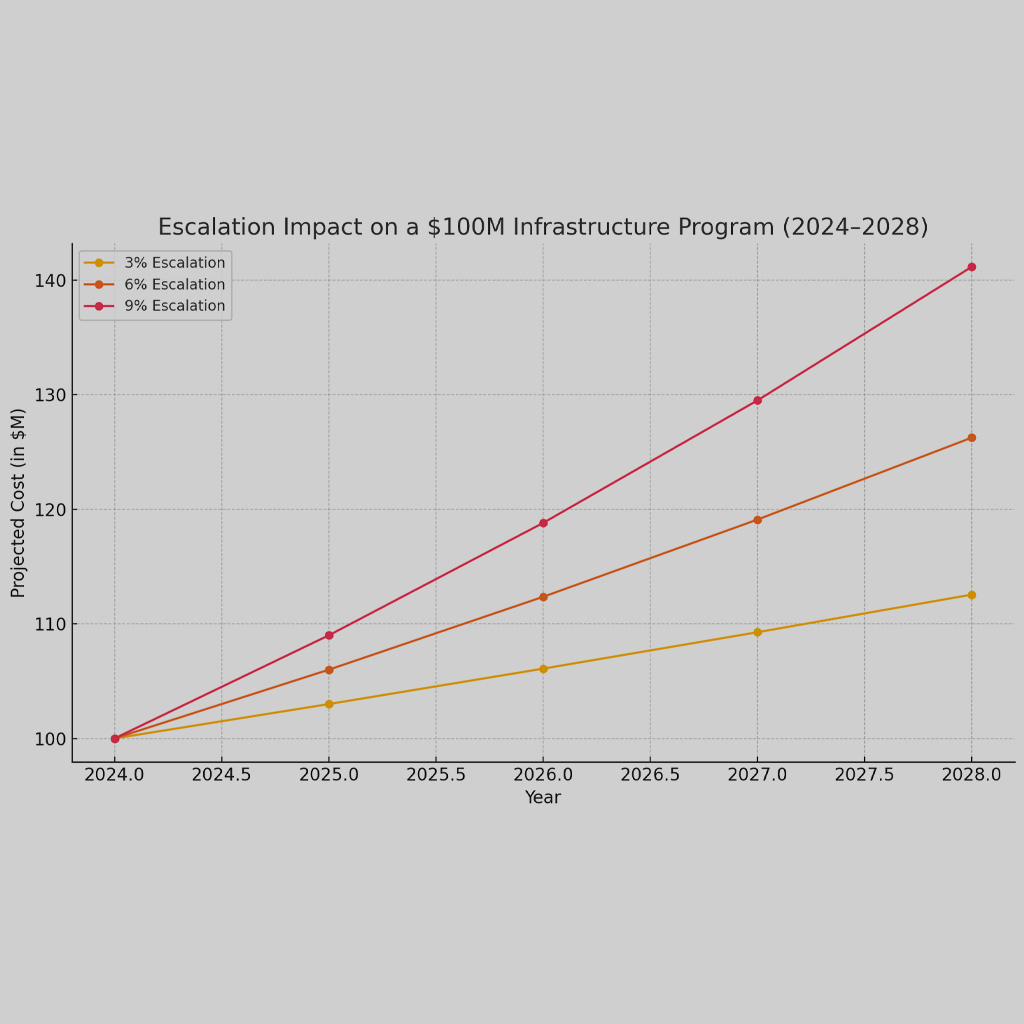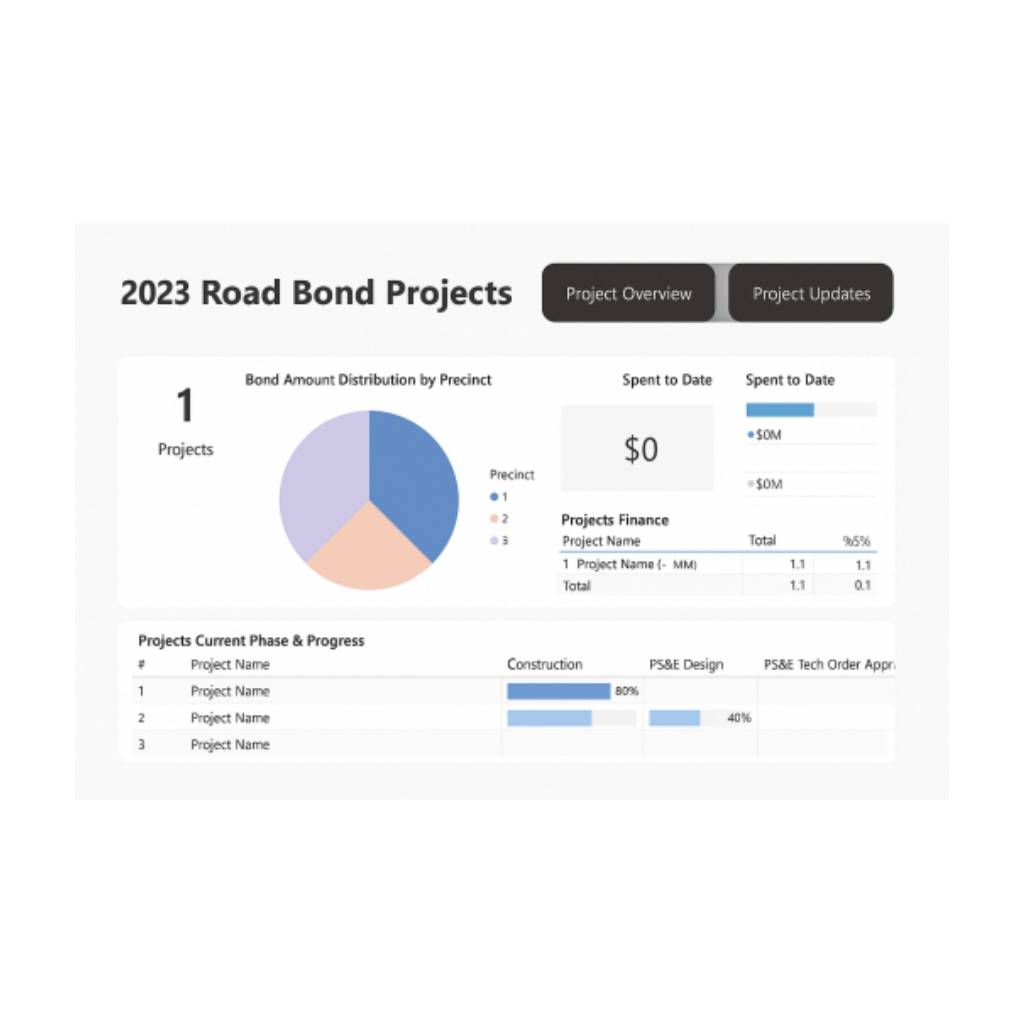The economic development of a region relies heavily on the efficient functioning of its municipalities. One critical factor that influences economic growth is the speed in which the municipality can establish new residents and businesses. This growth is impossible if residential and commercial real estate cannot quickly meet the growing demand.We believe municipalities must consider streamlining permitting processes as a high priority economic development initiative. By reducing excessive controls, enhancing transparency, and fostering a business-friendly environment, municipalities can attract investments, stimulate entrepreneurship, and ultimately fuel economic progress.
The Impact of Efficient Permitting Processes
The permitting process acts as a gateway for businesses and individuals seeking to initiate new construction projects, expand existing facilities, or launch innovative ventures. When the permitting process is slow, cumbersome, or unclear, it can become a significant deterrent to economic development. Delays in obtaining permits can lead to increased costs, missed opportunities, and frustration among entrepreneurs and investors. Conversely, a streamlined and efficient permitting process can bring significant return on investment (ROI), such as:
- Attracting Investments: By reducing the time required to obtain permits, municipalities can attract investors who seek a prompt return on their investments. The speedier process enables businesses to commence operations sooner, providing investors with increased confidence, and encouraging the flow of capital into the local economy.
- Stimulating Entrepreneurship: Simplifying the permitting process empowers aspiring entrepreneurs, by enabling them to navigate the regulatory landscape more efficiently. This encourages innovation, fosters competition, and nurtures the growth of the small businesses that are often the backbone of local economies.
- Jobs and Taxable Real Estate: Efficient permitting processes allow businesses to initiate projects swiftly, or more easily expand their operations, leading to the quicker creation of job opportunities and taxable real estate revenue.
Key Obstacles in the Permitting Process
Several obstacles can impede the speed and efficiency of the permitting process. Identifying and addressing these challenges are crucial for municipalities to drive economic development:
- Excessive Controls and Poor Processes: Cumbersome and confusing bureaucratic procedures, excessive paperwork, and lengthy approval cycles can slow down the permitting process significantly. Simplifying and digitizing permit applications, introducing online portals for document submission, and automating approval workflows can expedite the process and minimize administrative burdens. Likewise, poorly configured or defined permitting processes can confuse applicants, unnecessarily extend the time required to obtain a permit, and ultimately discourage economic and community development.
- Lack of Transparency: Limited access to information and unclear guidelines create confusion and prolong the permitting process. Municipalities can address this challenge by providing comprehensive and easily accessible information about the permitting requirements, timelines, and relevant fees. Also, providing clear communication channels and regular updates regarding the application status enhance transparency and build trust among applicants.
- Coordination Challenges: Permitting processes often involve multiple departments and agencies, leading to coordination challenges and potential bottlenecks. Having a consistent meeting time with all key department stakeholders, establishing communication standards, and implementing centralized permitting software can improve coordination and reduce errors, resulting in a faster and more efficient process.
Best Practices for Enhancing Permitting Process Speed
Municipalities can implement several best practices to enhance the speed of their permitting processes and drive economic development:
- Process Standardization: Standardizing permit application requirements, procedures, and timelines across different projects can eliminate confusion and ambiguity. This ensures that applicants have a clear understanding of the process, reduces the potential for errors, and expedites the approval timeline.
- Technology Integration: Leveraging digital tools and automation can revolutionize the permitting process. Online portals for application submission, document management systems, and automated approval workflows enhance efficiency and simplify the applicant’s experience. Integration with geographic information systems (GIS) can also facilitate better land-use planning and expedite the review process.
- Customer-Focused Approach: Adopting a customer-focused mindset and treating applicants as valued customers can significantly improve the permitting experience. Providing dedicated support channels, offering guidance throughout the process, and addressing queries promptly demonstrate the municipality’s commitment to facilitating economic development.
- Streamlined Review and Approval: Municipalities can better understand and streamline their processes by mapping their processes, removing excessive bureaucratic controls and redundant tasks, allowing for concurrent reviews, never returning comments after only a partial review, and monitoring performance metrics. This helps to understand where process waste exists, where bottlenecks need attention, and removes unnecessary back and forth with the applicant.
Investing in the improved speed and efficiency of their permitting processes, municipalities can realize a return on their investment through economic development and community growth. By taking active ownership of processes, actively improving transparency and the customer experience, and harnessing the power permitting software can provide, municipalities can create a business-friendly environment that fuels economic growth, unlocks the potential of local businesses, and positions the region for long-term prosperity.
At Front Line Advisory Group (FLAG), we are providing process improvement and change management services to help municipalities collect and analyze data, improve stakeholder communication, leverage technology, develop training plans, and more. We believe these are the most effective and affordable ways for municipalities to scale their capabilities. Contact us for more info at info@frontlineadvisorygroup.com.













